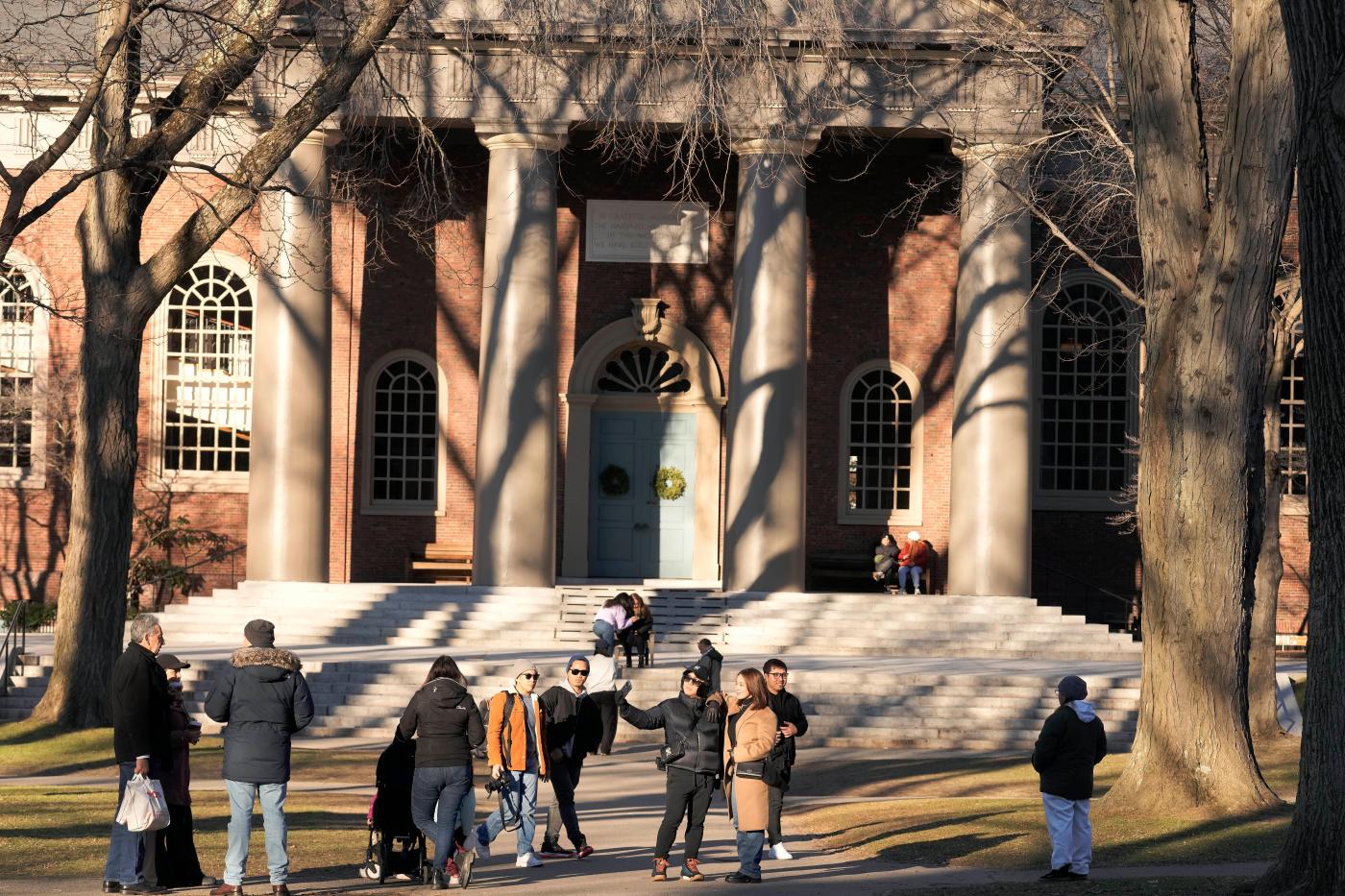
Other voices: Applying to college shouldn’t be so complicated
Although college isn’t for everyone, earning a degree still offers a pathway to success for many Americans. Yet each year, hundreds of thousands of low-income, college-ready students never actually enroll, partly because the application process prioritizes administrative busywork over academics. Policymakers should work to make it simpler.
Applying to college typically involves selecting from among hundreds of schools, verifying course requirements, submitting standardized test scores, requesting letters of recommendation and providing household financial data. Most students start the process months, even years, before the deadline for submission. More than 1,000 colleges use the Common App — a template for basic information — but applicants often must submit additional material, such as personal essays, tailored to each school.
According to a 2023 poll, 62% of students describe the experience as “very or somewhat challenging.” More than 60% of Black, Latino and Asian students say it’s more stressful than any other academic activity, 20 points higher than for white students; among would-be first-generation college students, only half say they managed to gather all the material necessary to apply, compared to 74% of those with college-educated parents.
Partly due to these challenges, large numbers of those qualified for college never end up applying. A study of 1.2 million students with Common App accounts found that about 25% of them started but didn’t complete any of their applications. Students from poor and less educated families were more likely to be “non-submitters” than their wealthier peers, despite having comparable academic credentials. Overall, as many as 1 million students who begin the application process never finish it.
Should this be of concern? Some students surely neglect to submit their applications due to laziness or procrastination. Others change their minds. Highly selective colleges also have an interest in making the process as demanding as possible, to screen unserious candidates.
Yet 56% of the country’s 15 million undergraduates attend four-year institutions that admit at least 75% of applicants, effectively meaning that anyone who meets minimal academic standards gets in. Some of these schools still ask students to itemize their extracurricular activities, list years of work experiences, and submit essays and personal statements, even though the vast majority are admitted on their transcripts alone.
It’s reasonable to expect students to put effort into their applications. But for less selective schools, requiring all this added material serves little academic purpose; in fact, it’s counterproductive. It diminishes the importance of objective criteria like test scores in favor of “holistic” measures that overwhelmingly benefit wealthier candidates. It also wastes taxpayer money, since public colleges end up employing vast numbers of administrators to review applications, resources that would be better spent on actual instruction. Worse, superfluous requirements can deter otherwise qualified candidates from applying.
Streamlining the process would help. Over the past decade, 10 states have started guaranteeing admission to qualified students to certain schools before they apply, based on their test scores and grade-point averages. Idaho’s program has increased enrollment by 7%. A similar effort by Common App has expanded to 28 states; it proactively notifies students of admission and requires a simplified application to confirm their acceptance. One study found that low-income students who received such offers were more likely to submit at least one application than those who didn’t.
Policymakers should encourage more colleges to participate in these programs, and to track how many of those admitted ultimately enroll and earn degrees. Participation from flagship public universities should be prioritized, which would ensure that more low-income high achievers can get financial and academic support. The federal government can help by notifying households of their eligibility for financial aid when they file tax returns and requiring greater transparency from colleges on the true costs of attendance.
A college education doesn’t guarantee success, but students deserve a fair chance to obtain one. Removing needless application obstacles would be a big step forward.
Related Articles
Lisa Jarvis: The bird flu outbreak has more questions than answers
Parmy Olson: If AI wrecks democracy, we may never know
Jamelle Bouie: The one thing Trump knows he wants in a running mate
Ivana Stradner: U.S. must stop Putin
F.D. Flam: If pigs get bird flu, we could be in for a real nightmare


